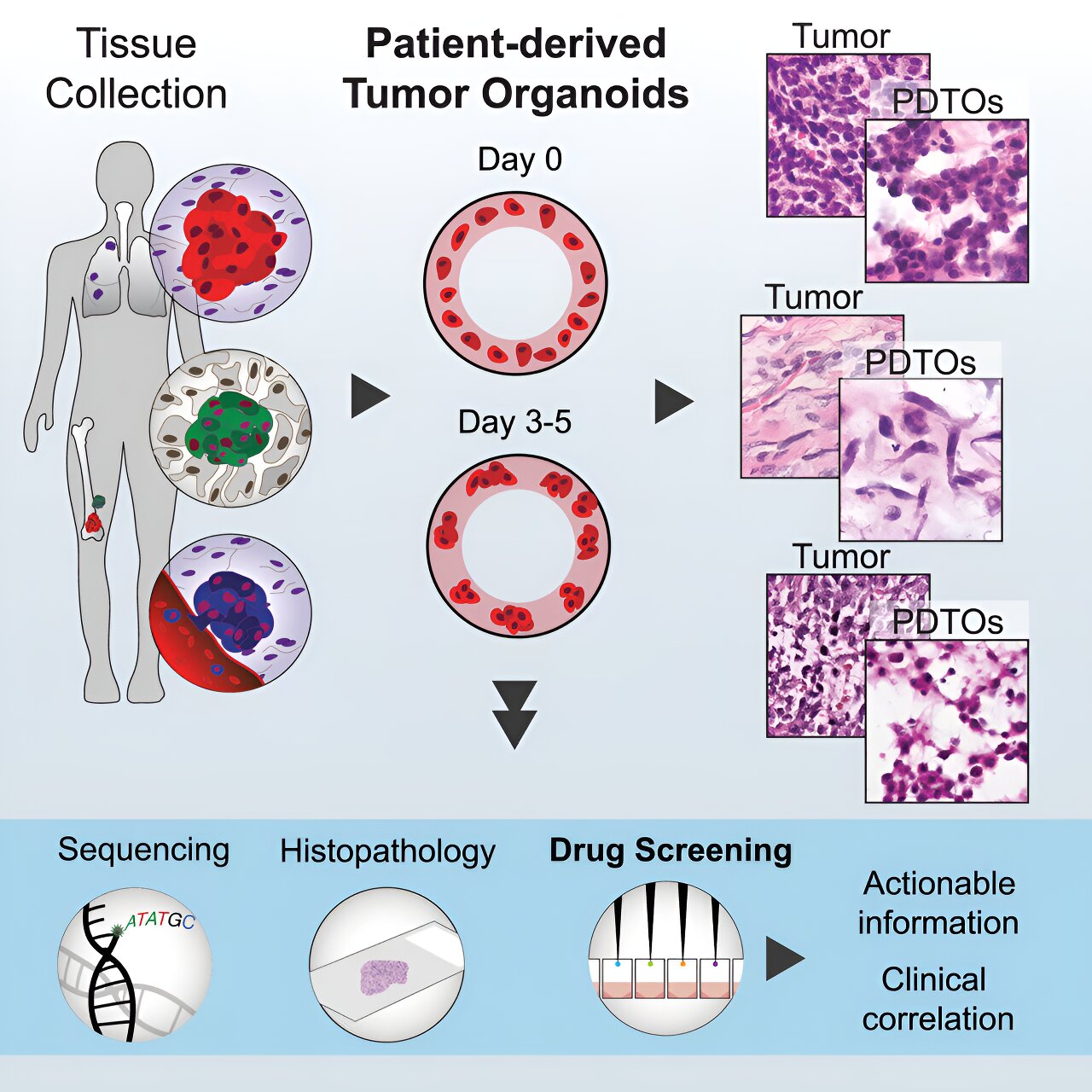Medical professionals have long known that the earlier a disease is detected, the higher the chance for a better patient outcome. Now, a multidisciplinary team of Michigan State University researchers, in collaboration with experts from Karolinska Institute and the University of California, Berkeley, has pioneered a way to do just that. The new method takes a deeper look at the proteins in plasma and reveals biomarkers that enable researchers — and ultimately physicians — to detect diseases sooner.
“The ability to identify biomarkers advances medicine in two key ways,” said Morteza Mahmoudi, associate professor in the Department of Radiology and Precision Health Program in the MSU College of Human Medicine. “First, using a simple blood test, diseases can be identified and diagnosed earlier. That means faster treatment and better patient outcomes. Second, it helps clinicians choose the most effective treatment plan. For example, if a clinician knows at the very earliest stage of cancer that it’s metastatic, their approach to treating and managing the disease would be totally different than if they know the cancer is benign.”
Mahmoudi and his collaborative research team’s findings were recently published in the journal Nature Communications; the paper, “Small Molecule Modulation of Protein Corona for Deep Plasma Proteome Profiling,” shares their new methodology for deep analysis of proteins in plasma.
“Our innovative approach significantly reduces the masking effects of highly abundant plasma proteins, which often hinder the detection of critical biomarkers in human plasma,” Mahmoudi explained. “By minimizing these interactions, we can increase the visibility and identification of low-abundance proteins, making it easier to detect important biomarkers that would otherwise remain hidden. This enhancement leads to improved diagnostic capabilities, allowing for more precise and earlier detection of diseases.”
How the new protein-detection method works
The new method reduces interference from the most common proteins in blood, allowing researchers to detect lesser-known, low-abundance proteins that are often crucial in identifying diseases. By adding small molecules to the blood sample, they can expose these important proteins on the surface of nanoparticles, making them easier to spot using mass spectrometry — a technique that uses electric and magnetic fields to separate and analyze ionized particles.
“Our team started spiking a range of carefully selected small molecules to the plasma with the aim of minimizing the interactions of highly abundant proteins with nanoparticles,” Mahmoudi said. “Then using mass spectrometry, we could increase the depth of proteome coverage by over seven-fold.”
Another contribution to precision medicine
This new testing method further advances precision medicine, which is a patient care approach that customizes treatments specifically for a person’s genetics, environment and lifestyle. Unlike the traditional one-size-fits-all model, precision medicine strives to offer more effective health care solutions. This approach is especially prominent in areas like cancer research where genetic profiling of tumors can lead to potentially better outcomes and fewer side effects.
In precision health programs, like the one at MSU, research teams explore diverse aspects of health.
“We’re excited about the unique capability of this new approach to identify biomarkers that may represent various health spectrum diseases because the power of this system is limitless,” Mahmoudi said. “It truly expands our ability to deliver precision medicine.”

